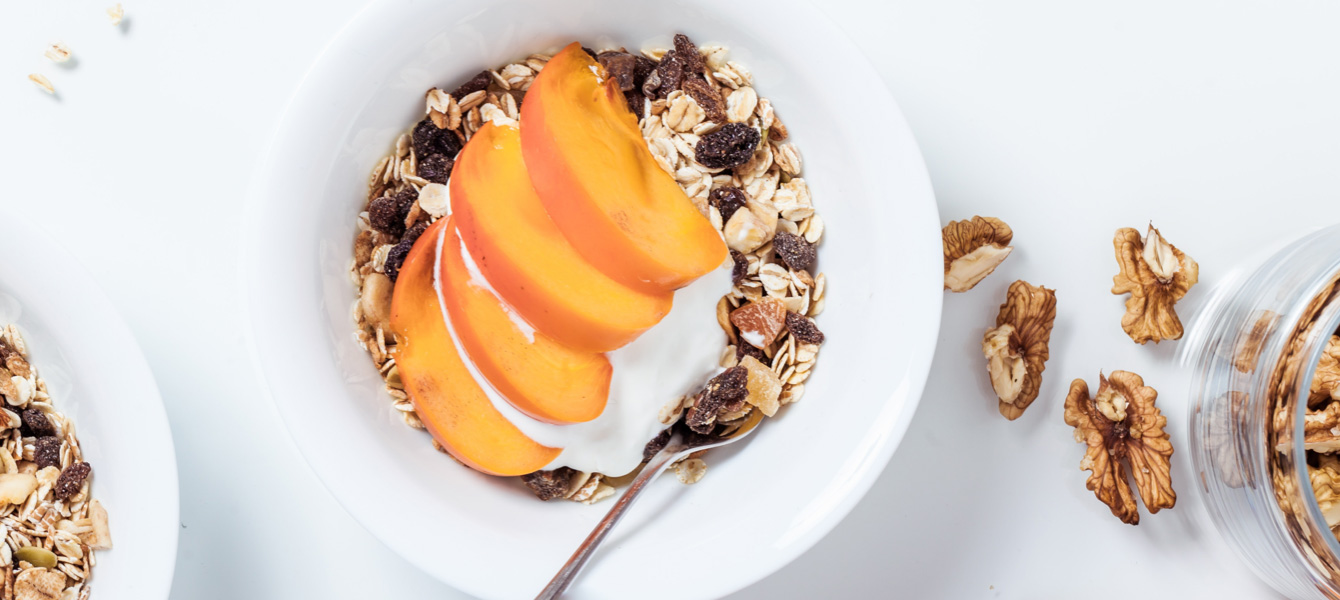Recurrent miscarriage:
Can nutrition really help?

One in four NZ women will experience a miscarriage at some point during their life.
Going through a miscarriage can be devastating, often left with no explanation of the cause. It’s not until you have three miscarriages (including biochemical) that you’re diagnosed with recurrent miscarriage (RM) and can have publicly funded medical investigations into the cause (in NZ at least).
Miscarriages occur for a range of reasons; the main underlying cause being too many embryonic chromosomes in dividing cells called aneuploidy, aka “genetic instability”. There are multiple factors which impact this genetic instability, many of which are outside our control; cue age.
But did you know that some of the foods we eat, and things we’re exposed to in the environment can impact our risk? Now, this article is not designed to trigger feelings of guilt. I’ve written this with the intention of informing the reader so they’re better armed to help their odds of having a healthy baby.
So, let me guide you through some of the key nutrition and lifestyle factors which evidence links to miscarriage, so you can take back some control and optimize your chances as best you can.
Top foods and nutrients to include
Fruit
The benefits of eating fruit have been long known and drummed into us since we were children. However, a 2001 Milan study looking into dietary factors and spontaneous abortion found that eating just two pieces of fruit a day can reduce your chances of miscarriage by up to a whopping 70%! What’s alarming, is a recent NZ Ministry of Health survey found that only 59% of women were eating the recommended two servings of fruit each day. Folic Acid (Vitamin B9)
Folic Acid
(Vitamin B9), (which won’t come as a surprise) is essential for the development and formation of a baby’s neural tube. Remember, this is the structure that goes on to form the spinal cord and brain. Women planning a pregnancy are recommended to eat folate rich foods in addition to taking a folic acid supplement for a MINIMUM of one month prior to conception and for the first three months of pregnancy. However, with the Oral Contraceptive Pill’s (OCP) ability to deplete nutrient absorption, longer supplementation would be a very good idea.
Higher intakes of folate reduces the risk of neural tube defects (NTDs) and subsequently reduces the risk of spontaneous miscarriages. Some women will require higher amounts of Folic Acid to prevent NTDs, so be sure to read my blog on Folate and check with your GP or Fertility Dietitian to see if you need a higher dose.
Things to avoid
Caffeine
This daily jump starter is one of the most researched foods related to pregnancy outcomes. If you are pregnant you are encouraged to limit your caffeine intake to <200mg / day (2 cups of coffee), since excess amounts are known to increase the risk of miscarriage.
So why is that? This is because caffeine is a stimulant that can cross the placental barrier and reduce placental blood flow by increasing levels of hormones called catecholamines. During pregnancy babies also haven’t developed the ability to metabolise caffeine as quickly as a pregnant mother, therefore it also stays in their systems longer.
Alcohol
While on the other hand, there is no known safe level of alcohol consumption during pregnancy and its best avoided if you’re pregnant or trying to get pregnant. Because research clearly shows an increased risk of miscarriage with drinking more than 4 alcoholic drinks per week.
